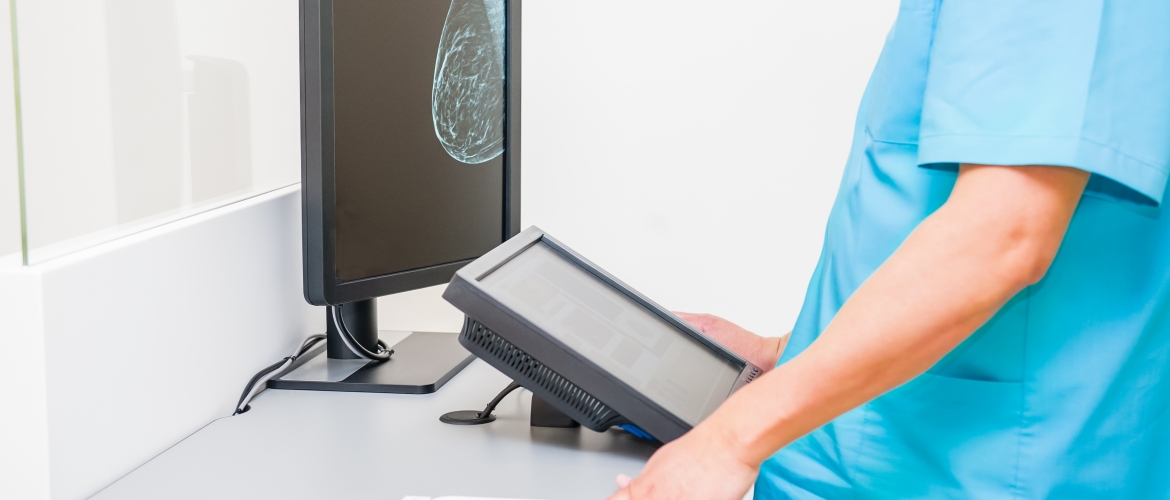The Cost of Late Stage Cancer Detection

This month we have explored the effect that Covid-19 is having on cancer screening and diagnosis. However, there is also something else very important to consider, and that is the cost of late-stage cancer detection. We already know that many patients are delaying visiting their doctor for routine screening appointments or to raise health concerns that could potentially be signs of early cancer. There are also delays in follow-ups early detection screening owing to the current pandemic.
Even pre-pandemic, Dr David Crosby, head of prevention and early detection research at Cancer Research UK is on record as saying: “All too often, patients are being diagnosed at a late stage, where their cancer is deeply rooted and requires significant intervention, often with poor outcomes. This is a human tragedy, not just in terms of lives lost, but it also means more expensive treatments, hospital stays and monitoring. If we can turn this on its head and find cancer at its earliest stages when it’s easier to treat, not only will we be able to save lives on a vast scale, but we will be saving our NHS millions of pounds that would otherwise be needed for costly late-stage treatments”. Throw the pandemic into the mix and it’s clear to see that the cost of late-stage cancer detection during this time could be greater than anything we have seen before.
Of course, one of the greatest casualties of late cancer detection is the cost to human life. For example, one study from the UK found that for the four most common types of cancer – bowel, breast, lung and oesophageal cancers, delays in diagnosis as a result of the current Covid-19 pandemic are estimated to result in around 3500 avoidable cancer deaths. And this statistic doesn’t account for any delays experienced in the treatment process.
While survival rates are the most obvious human cost of late cancer diagnosis, it’s crucial that healthcare providers don’t discount the cost to patient quality of life too. Unsurprisingly, research shows around 76% of cancer sufferers state that cancer has negatively impacted their family life, while 66% say that cancer has put a serious strain on their family’s social life. Many of these find that their cancer has also affected their ability to work, with more than half seeing their income fall by at an average of £860 per month, and more than 30% unable to work. Aside from the huge financial pressures experienced by patients and their families, lost wages can increase the overall economic burden of cancer, which is estimated to stand at an incredible £7.6bn.
The WHO states that ‘early (cancer) diagnosis improves outcomes by providing care at the earliest possible stage and is therefore an important public health strategy’. Nevertheless, the options for early detection through the NHS remain limited. It’s for this reason that we are pleased that our PanTum early detection test offers healthcare providers and patients alike an affordable yet reliable alternative to current screening provisions.
Find out more about PanTum Detect by visiting our Diagnostics page or contacting our team today.
Resources:
- https://www.who.int/activities/promoting-cancer-early-diagnosis
- https://www.cancerresearchuk.org/about-us/cancer-news/press-release/2020-10-06-vital-rethinking-in-cancer-early-detection-needed-to-save-lives
- http://www.pharmatimes.com/news/economic_burden_of_cancer_costs_uk_7.6bn_a_year_1321994
- https://blogs.bmj.com/bmj/2020/11/05/counting-the-invisible-costs-of-covid-19-the-cancer-pandemic/
- https://www.macmillan.org.uk/_images/Cancers-Hidden-Price-Tag-report-England_tcm9-270862.pdf